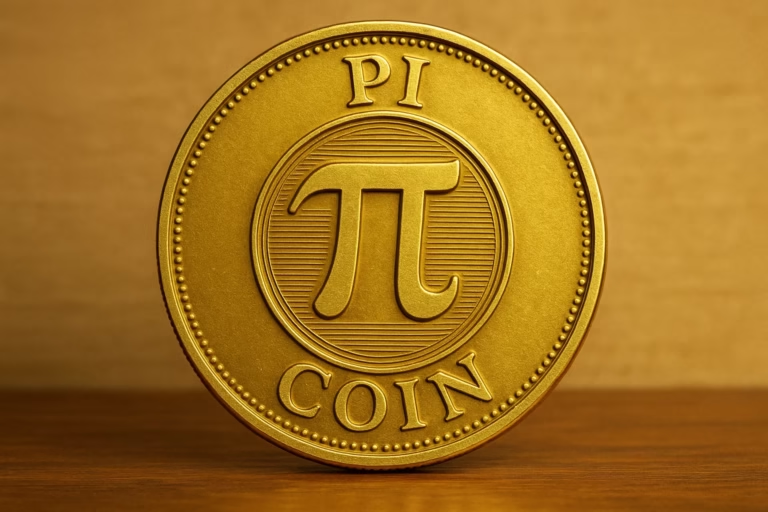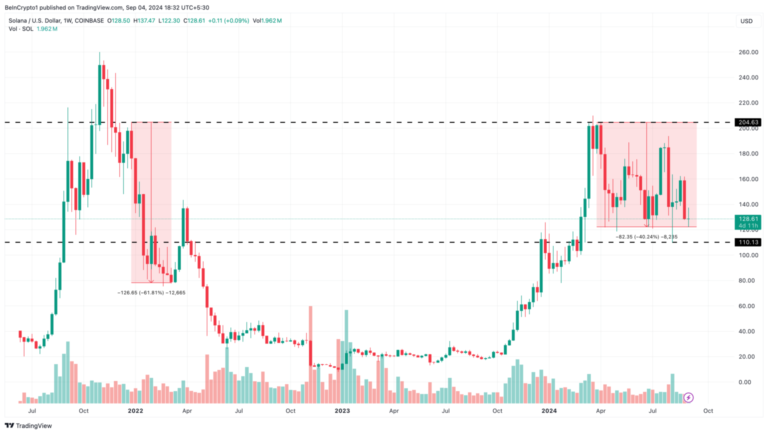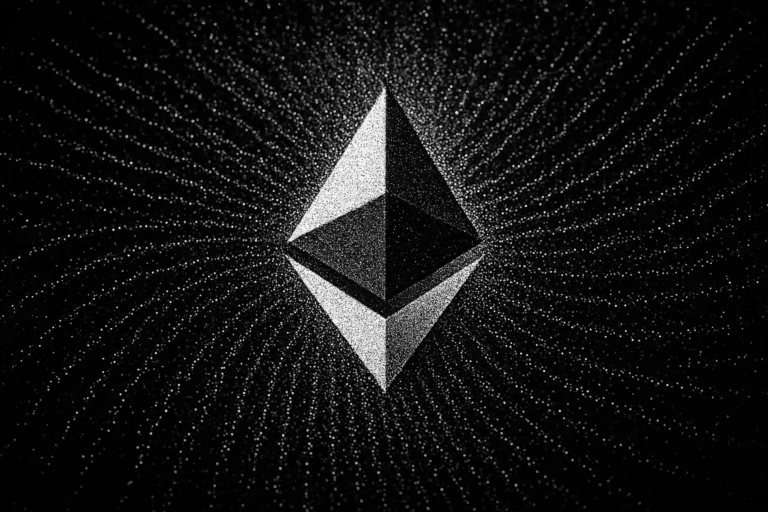
- The Pi Network has launched its first set of 20 mainnet applications, marking a key milestone in building a decentralized Web3 ecosystem and enhancing the utility of Pi cryptocurrency for real-world transactions.
- These apps, ranging from gaming and e-commerce to community engagement and freelance platforms, showcase Pi’s growing influence and practical use in various sectors.
The Pi Network, a decentralized blockchain platform, has officially launched its first set of 20 mainnet applications. This milestone marks a significant leap in the Pi ecosystem, enhancing the utility of the Pi cryptocurrency beyond mere speculation. Let’s explore the first 20 apps and how they are set to transform the blockchain landscape.
1. Pi Care: Your Support Hub
Pi Care is a dedicated support tool for Pi pioneers, allowing users to raise issues and get quick resolutions. This tool ensures that the Pi Network remains responsive to its users’ concerns, enhancing community trust and engagement.
2. PiGame: Fun Meets Incentives
PiGame brings an exciting gaming experience to the Pi Network. It rewards players with Pi for their participation, creating a fun, interactive way for users to engage with the ecosystem while earning tokens.
3. ExplorePi: Track Transactions with Ease
ExplorePi serves as a blockchain explorer for the Pi Network. This mobile-friendly tool allows users to track and explore transactions, offering transparency within the Pi blockchain.
4. WorkforcePool: Connecting Talent and Clients
WorkforcePool is a marketplace for freelancers, where users can offer or hire services, with Pi as the payment method. This platform enhances global opportunities by offering a skill-based, decentralized work environment.
5. App.Link for Pi: A Gateway for Developers
App.Link for Pi allows developers to upload and share their apps with the Pi community. By enabling the easy discovery of Pi-based apps, it fosters growth and innovation within the Pi ecosystem.
6. Barter Mall: Trade with Pi
Barter Mall is a decentralized marketplace where users can trade goods and services using Pi. It offers a global trading platform, making it easy to connect with others and exchange items without traditional money.
7. World of Pi: Collaborate and Innovate
World of Pi is a community-driven platform that centralizes Pi-related projects. It allows pioneers to collaborate, share ideas, and stay updated on new initiatives within the Pi Network.
8. LatinChain Platform: Celebrating Regional Contributions
LatinChain highlights Latin American contributions to the Pi ecosystem, featuring games developed during the Pi Hackathon. This platform promotes regional innovation while encouraging community participation.
9. 1Pi Mall: Pi-Powered Shopping
1Pi Mall is an e-commerce platform where users can buy and sell products using Pi. This marketplace strengthens Pi’s role in everyday commerce and global transactions.
10. Thepitogo Travel Services: Pi for Travel
Thepitogo Travel Services simplifies travel bookings with Pi. It enhances the Pi Network’s utility in the tourism industry, offering secure and seamless travel experiences with Pi as a payment method.
11. Daabia Mall: Decentralized Digital Shopping
Daabia Mall is a Web3 platform for vendors and customers to engage in Pi-powered e-commerce. Its decentralized model provides transparency and security while expanding the adoption of Pi in digital commerce.
12. MyFestMap: Boosting Local Communities
MyFestMap empowers local businesses and events by incorporating Pi into transactions. It encourages community engagement and helps small businesses grow through Pi-powered exchanges.
13. GPM GlobalPiMarket: Connecting Entrepreneurs Globally
GPM GlobalPiMarket is a digital marketplace designed for global trade, supporting entrepreneurs and customers by integrating Pi payments for buying and selling goods and franchises.
14. Watugot: Peer-to-Peer Trading
Watugot enables location-based peer-to-peer trading. Users can buy or sell items with Pi or local currency, facilitating community-based commerce while promoting Pi’s real-world application.
15. Map of Pi: Simplifying Commerce
Map of Pi connects buyers and sellers in the Pi ecosystem, making it easier to engage in commerce. It offers a streamlined, user-friendly interface for trading goods within the Pi Network.
16. MAINNET Piketplace: Digital Treasures and Collectibles
MAINNET Piketplace allows creators to sell treasures and artistic creations in exchange for Pi. It promotes the digital economy by showcasing Pi’s ability to support artistic transactions and creative ventures.
17. RadioForUs para Pi: Music Meets Blockchain
RadioForUs brings music and entertainment to the Pi Network. It allows users to enjoy streaming content while using Pi as a form of payment, blending blockchain with leisure activities.
18. Internet Speed Tool: Test Your Connectivity
The Internet Speed Tool offers users the ability to measure and test their internet connection. This practical tool supports a seamless experience for Pi Network activities by ensuring optimal connectivity.
19. ChatGPT for Pi: AI Meets Blockchain
ChatGPT for Pi, also known as AiGpt, integrates AI technology into the Pi ecosystem. It enhances user experience by providing intelligent, on-demand responses, showcasing the potential of AI in blockchain ecosystems.
20. Pet for Pi: NFT Pet-Cultivation Game
Pet for Pi introduces PiPet, an NFT-based pet game within the Pi Network. Users can adopt, nurture, and trade virtual pets, making it an interactive and fun experience powered by Pi transactions.
Conclusion: Pi Network’s Bright Future
The introduction of these 20 mainnet apps is a significant step toward Pi Network’s goal of building a decentralized Web3 ecosystem. These apps provide real utility for Pi users, driving the adoption of Pi cryptocurrency in daily life and strengthening its position in the blockchain and digital finance world.







